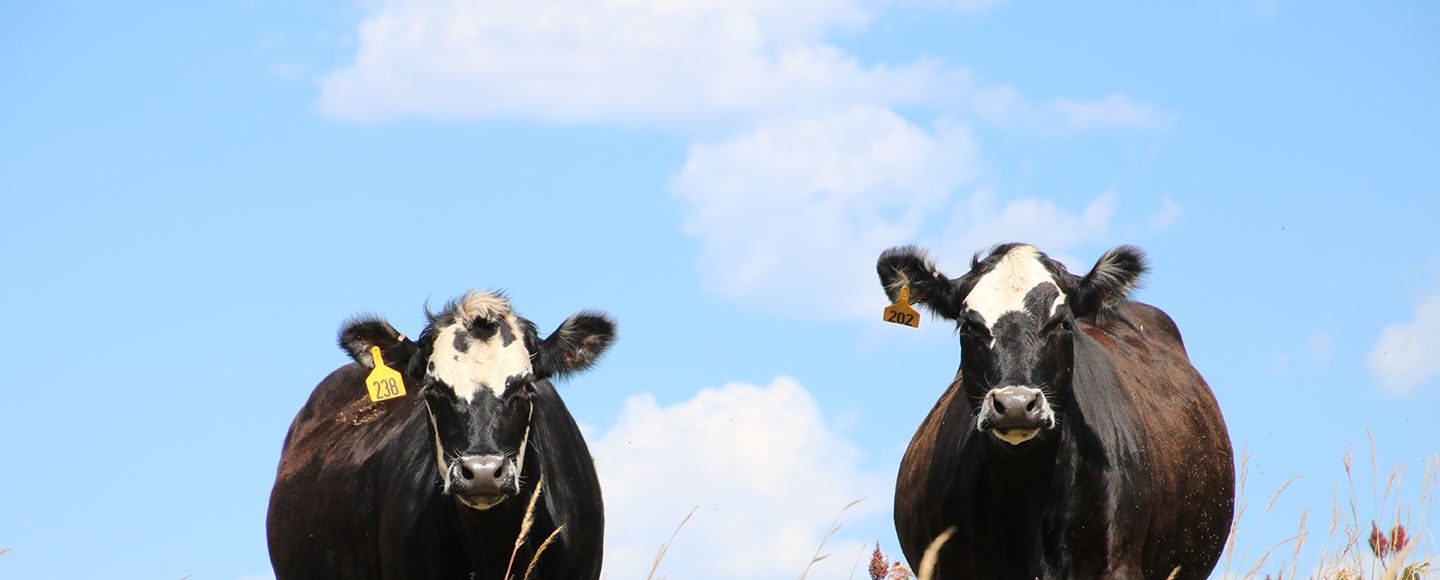
USDA and the Canadian Food Inspection Agency have agreed to allow safe trade to continue in the event African swine fever (ASF) is reported in either country. For business continuity purposes, the two countries have worked to modify export certificates allowing trade of live hogs, swine semen, pet food, animal by-products and meat to continue in approved disease-free zones.
This approach, called zoning, is an internationally recognized tool used to help manage diseases and facilitate trade. If a case of ASF is identified, geographic boundaries will be defined to contain the outbreak. Everywhere outside the control zones would be considered disease-free.
This zoning arrangement has been established to safeguard the U.S. and Canadian pork industries. In the U.S., pork generates $20 billion in cash receipts and provides 500,000 jobs, mostly in rural areas. The Canadian pork industry generates close to $24 billion and supports 100,000 jobs.
ASF is a global risk. U.S. and Canadian sources said governments, industry and stakeholders must work together to address the threat, while maintaining pork trade, which is important to the North American economies.